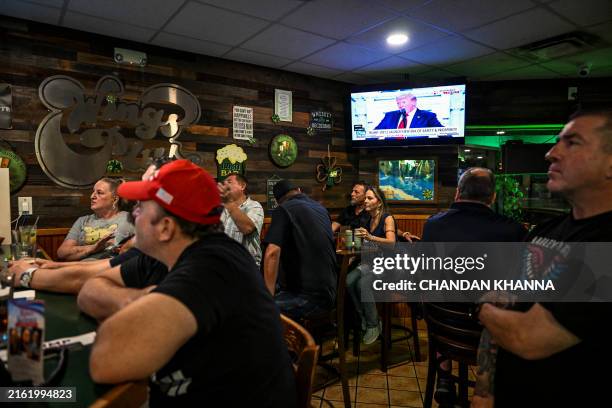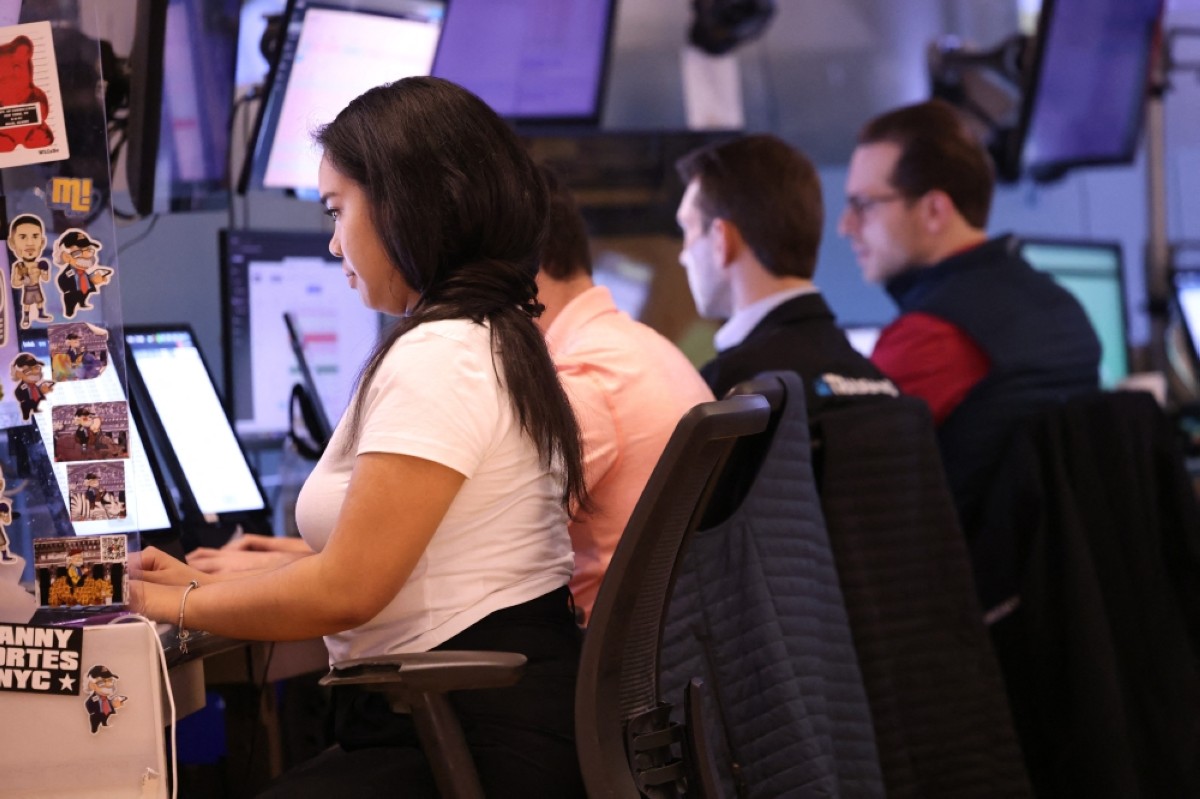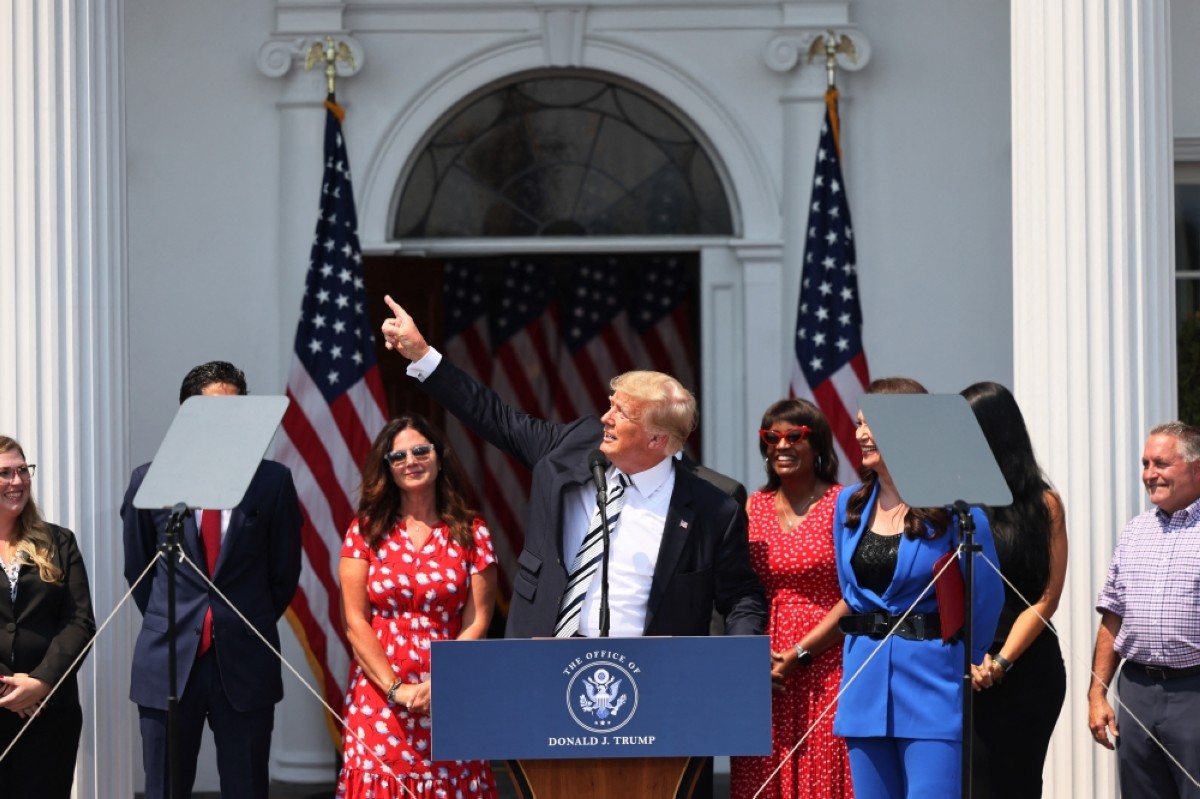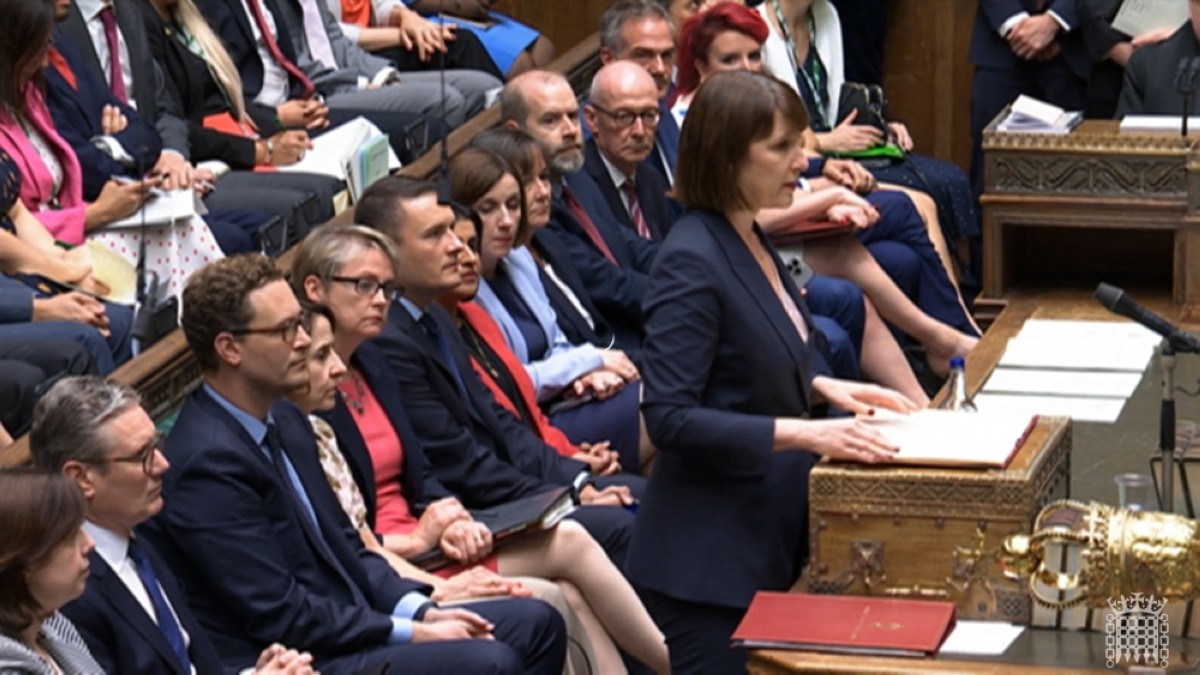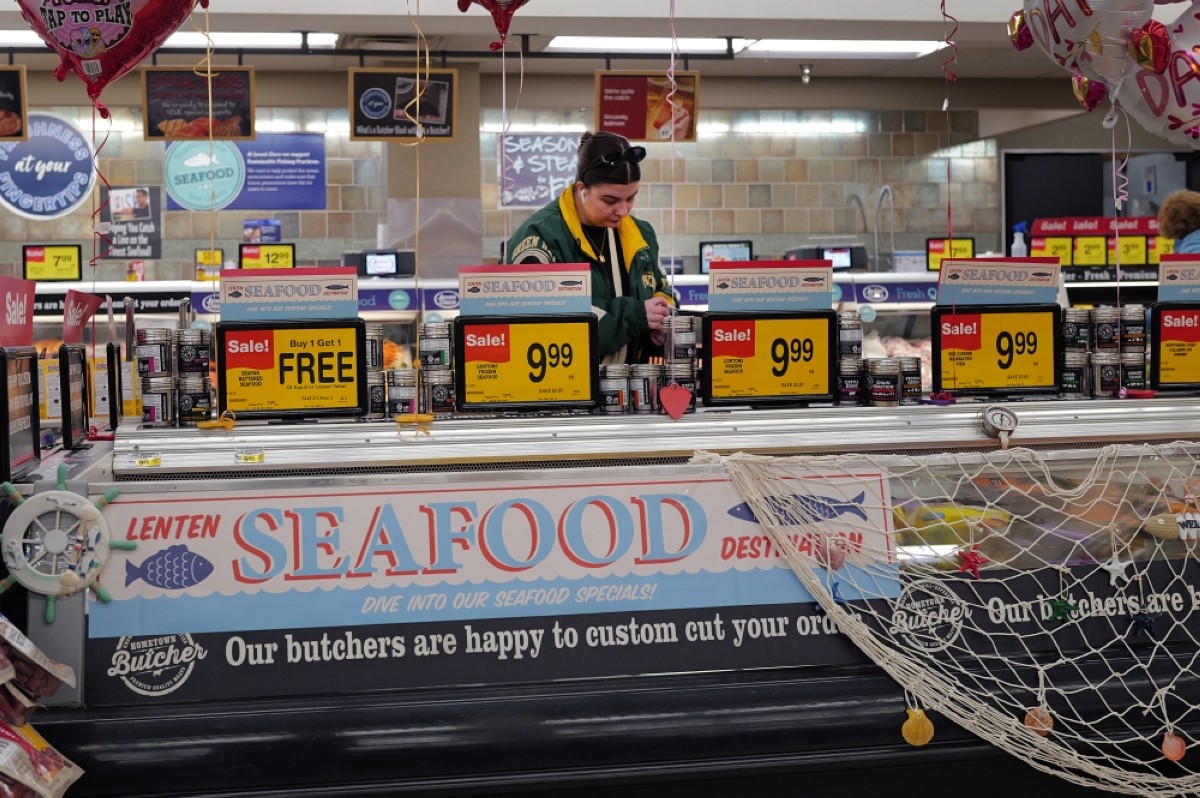EU chief urges dialogue to end farming ‘polarization’
BRUSSELS: The EU needs to overcome “polarization” in its agri-food sector through dialogue, European Commission chief Ursula von der Leyen urged Thursday, as farmers in several countries stage protests over rising costs.
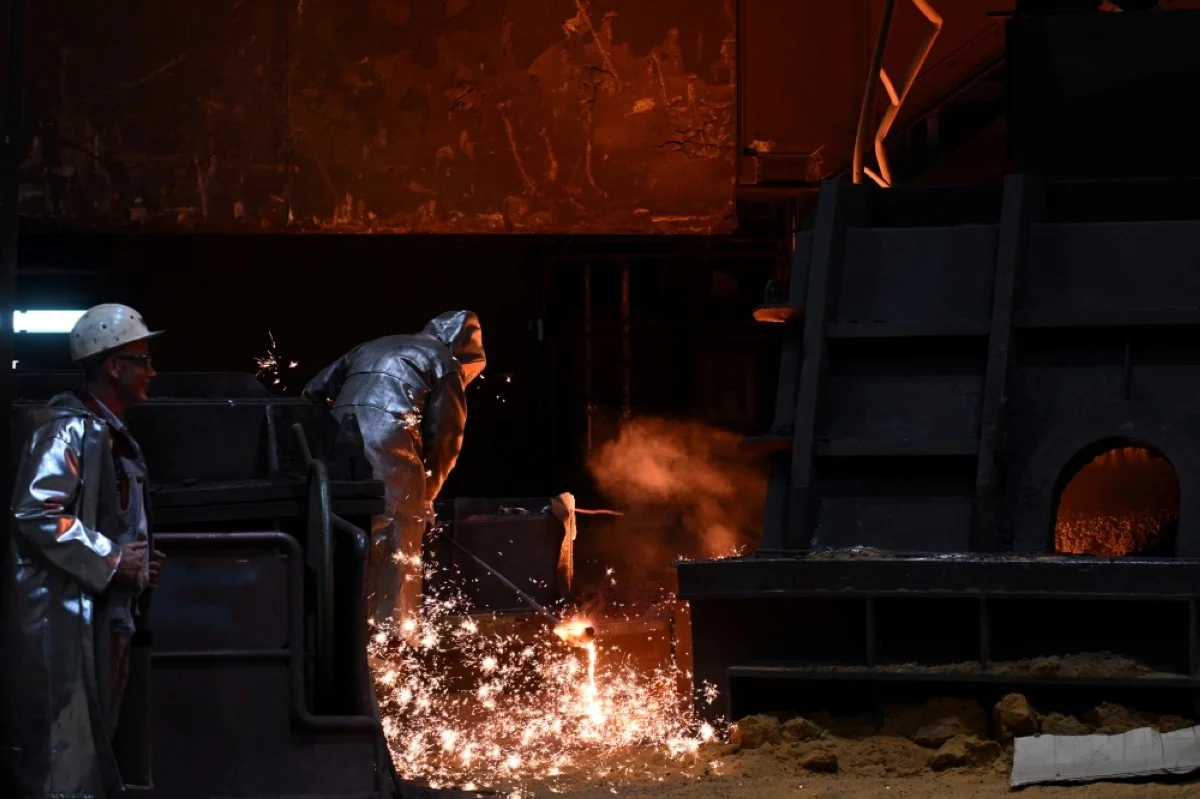
DUISBURG: A steelworker is seen at the blast furnace (Hochofen) Schwelgern at the steel works of Thyssenkrupp Steel Europe AG in Duisburg, western Germany.- AFP.
“We all have the same sense of urgency that things have to improve,” von der Leyen said as she opened an EU strategic dialogue to balance farmers’ complaints with Europe’s green transition. “There is an increasing division and polarization” in the sector, she acknowledged. “I’m deeply convinced that we can only overcome this polarization that we all sense by dialogue.”
Farmers in France, Germany, the Netherlands, Poland and Romania are in revolt over a litany of complaints, including rising costs to meet carbon-cutting targets, fuel prices, inflation and Ukrainian grain imports diverted into the EU because of Russia’s war. Many farmers have taken to blocking roads, compounding transport blockages Europe is facing on top of Red Sea cargo woes caused by Yemen’s Huthi rebels firing missiles at passing ships.
Their unrest is being encouraged by far-right parties in several EU countries seeking advantage ahead of bloc-wide elections in June for the European Parliament. Europe and its agricultural sector is facing a “process of civilization change,” said the chair of the strategic dialogue, Peter Strohschneider, a professor who headed a German government commission on the future of farming. The upheaval was not only from the costs of fighting climate change but also technological innovation, for instance with genetically modified crops, “geopolitical conflicts of interest” and economic competitiveness, he said.
“Such conflicts can be seen, for example, in the protests by farmers in numerous European countries,” Strohschneider said. Von der Leyen suggested the strategic dialogue in September last year, as Polish farmers complained about Ukrainian grain imports and Spanish farmers grappled with crops parched by climate change. The initiative, which is to continue over coming weeks, brings together representatives from farmers’ groups, food supply companies and academics with the aim of finding a consensus by balancing competing interests.
It was unclear what policy impact the dialogue would have, given that a new European Commission will emerge from June’s EU elections. Strohschneider said the talks’ goal was a “sensible social and political balancing of conflicting economic, ecological and social interests” looking at a medium-term horizon of the next five to 15 years. “We want to listen and ask you to discuss and develop scenarios for the future. Basically, it is about describing the way forward,” von der Leyen said.
Image ‘at stake’
Meanwhile, China on Thursday warned the European Union’s economic
image was “at stake” after the bloc unveiled new measures to protect sensitive technology from falling into the hands of geopolitical rivals. “The EU’s image in the fields of economics and international trade is at stake,” foreign ministry spokesman Wang Wenbin said, urging the EU against “taking anti-globalization” steps.
Brussels has bolstered its armoury of trade restrictions to tackle what it deems to be risks to European economic security, following Moscow’s invasion of Ukraine and global trade tensions. And on Wednesday, EU officials outlined an economic security package containing five initiatives, including toughening rules on the screening of foreign direct investment (FDI) and launching discussions on coordination in the area of export controls.
Asked about the new rules Thursday, Wang warned “the international community has been very concerned about the EU’s protectionist unilateralism in the economic and trade spheres”. “Current trends will only intensify these concerns,” he said. “We hope that the EU will respect free trade, free competition and open cooperation, which are the fundamental norms of the market economy,” Wang said. — AFP.




